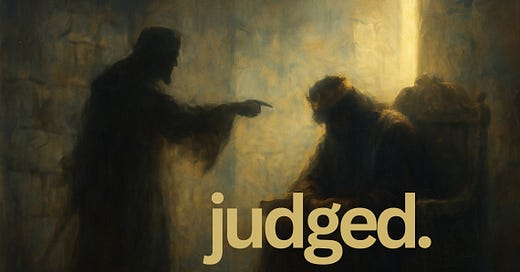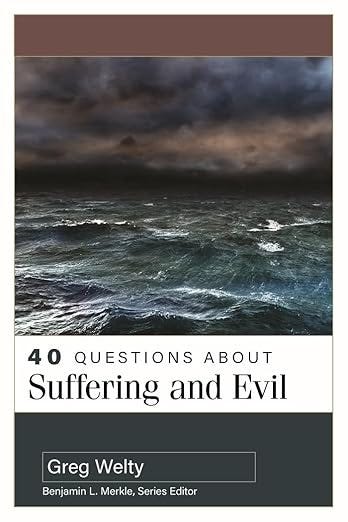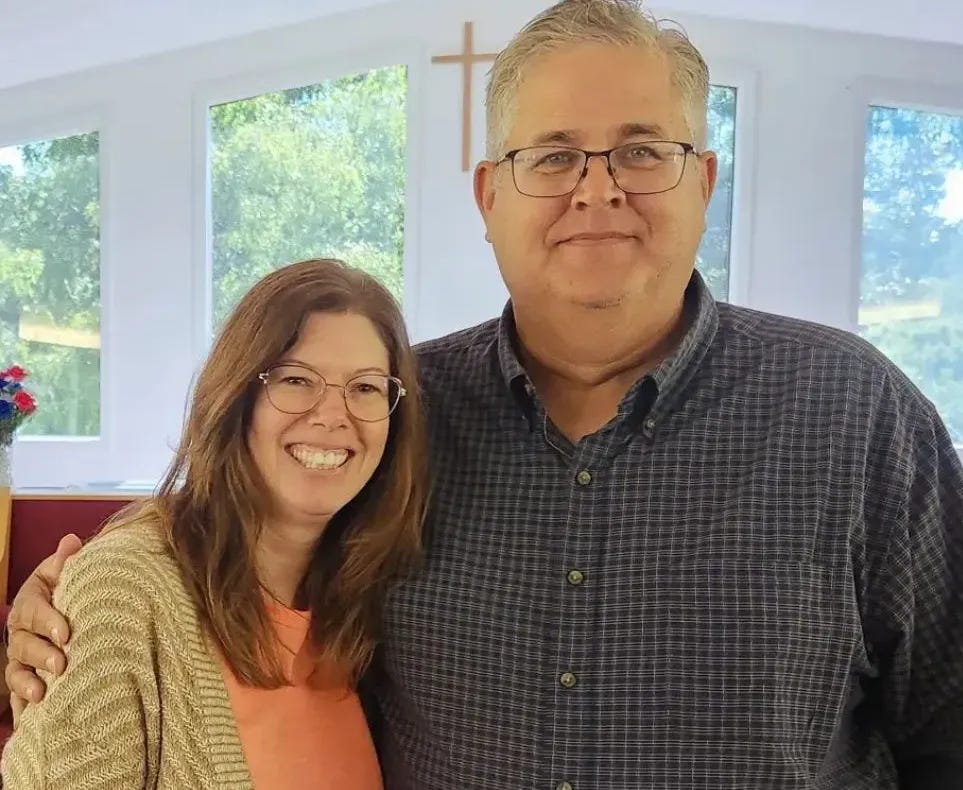Nine months of silence.
Not the silence of peace, but the kind that hollows a man.
No song. No cry. No word from heaven. Only a throne, a golden crown, and a heart thudding like a drum beneath layers of royal pretense.
David had taken another man’s wife, and when that man stood in the way of the lie, David had him killed…quietly, cleverly, as only a powerful man can.
Bathsheba’s belly grew round with shame, and Uriah’s blood dried on battlefield stones. Still, no prophet came. No thunder from heaven. The child was born. The secret held.
And yet, something inside David had withered.
He still showed up for ceremonies. Still led the people. Still smiled.
But not a single psalm came out of him. His harp lay still. His lips didn’t tremble with worship. He who once said, “Better is one day in your courts,” now wouldn’t even walk the hallway of prayer.
Guilt doesn’t always crash the door. Sometimes it just sits in the corner and hushes every hallelujah.
A King at War With His Soul
There was a war in the east. Joab had seized the Ammonite city of Rabbah. All that remained was for David to arrive and claim the glory. Joab, loyal and practical, sent word: Come now or they’ll name the city after me.
So David went.
He stepped into the city, untouched by guilt, untouched by gratitude. He placed a crown on his head…a heavy, gaudy thing of gold and stones. And he smiled.
No psalm. No dance. No procession.
Then he took the people of that city and subjected them. Depending on how you translate it, he either made them into slaves or tortured them with saws and axes. Either way, he reenacted the cruelty of Egypt.
The boy who once remembered Israel’s pain now inflicted it.
Enter the Prophet
Nathan did not knock. He did not wait for an invitation.
David didn’t send for him. The guilty never do.
Nathan came with a parable. A rich man. A poor man. A lamb raised like a daughter. He saw contentment in a poor man’s eyes and crushed it, simply because he could.
David, listening, felt the burn of rage.
“That man deserves to die!” he roared.
And Nathan, steady as stone, said, “You are the man.”
Four words. That’s all it took to split the soul.
The crown didn’t matter now. The throne beneath him felt like ash. The velvet robe clung like a shroud. Everything in the room faded except for that finger pointed straight into the abyss of his heart.
You are the man.
When Truth Finds a Man
David could have denied it. Could have called in soldiers. Could have shouted about fake prophets and false stories.
He didn’t.
He said seven words that cracked heaven open:
“I have sinned against the Lord.”
Not: I made a mistake. Not: I got caught. Not: I didn’t mean it.
I have sinned.
And not just against Bathsheba. Not just against Uriah. But against God Himself.
This is what separates confession from explanation. Confession names the wound and who it wounded.
Psalm 51 would later echo it: “Against you, and you only, have I sinned.”
David’s heart had been silent for nine months. But now it shattered.
Mercy in the Mouth of Judgment
Nathan replied without flinching: “The Lord has put away your sin.”
Just like that.
But not without cost. Mercy is not a wave of the hand. Sin would still reap its harvest. The child would die. The sword would never depart from David’s house. His wives would be defiled in daylight.
Forgiveness and consequence can coexist. One heals the soul, the other haunts the earth.
God would let the world know He still loved David. But He would also let the world know He hates David’s sin.
The Floor Where Kings Break
The baby fell sick. David fell with him.
Face to the floor. Dust in his mouth. Garments twisted from sleepless nights. He fasted. He prayed. He begged.
Day after day.
Not because he doubted God’s justice. But because he still believed in God’s mercy.
But the child died.
David got up. He washed. He changed his clothes. He went into the house of God and worshiped.
Worship. Not because the pain disappeared. But because he knew who God was even when prayers go unanswered.
His servants didn’t understand. “Why mourn when the child lived, and move on now that he’s dead?”
David answered with a sentence that drips with eternal hope: “I will go to him, but he will not return to me.”
Grief bowed to faith.
A New Son. A New Name. A New Season.
Then came Solomon.
The name means Peace. Not because peace had come easily, but because it had come at all.
And Nathan came again. Not with judgment this time, but with a name: Jedidiah.
Beloved of the Lord.
God wasn’t done.
The same mouth that once pronounced judgment now announced love.
A new baby. A new mercy. A new chapter.
You Are the Man
You might be him too.
You who sing with no joy. You who carry a secret. You who wear a crown and hide a corpse beneath it.
Then hear it now: You are the man.
Say it: I have sinned against the Lord.
Not to earn anything. Not to pay back a debt. But to come home.
And you’ll hear what David heard: The Lord has taken away your sin.
There will be scars. Some storms leave wreckage. But God restores. And when He does, He doesn’t just hand you back what you lost. He gives you Solomon. He gives you peace. He gives you Jedidiah. He gives you love.
And He gives you Himself.
Enjoying this content? If you’d like to support my work and help me create more Bible-centered resources like this devotion, consider buying me a coffee! Your support means the world and helps keep this ministry going.
Struggling to make sense of pain, evil, and God's will? 40 Questions About Suffering and Evil offers biblical clarity and wisdom for some of life’s hardest questions — a must-read for every Christian thinker.
As an Amazon Associate, I earn from qualifying purchases.







